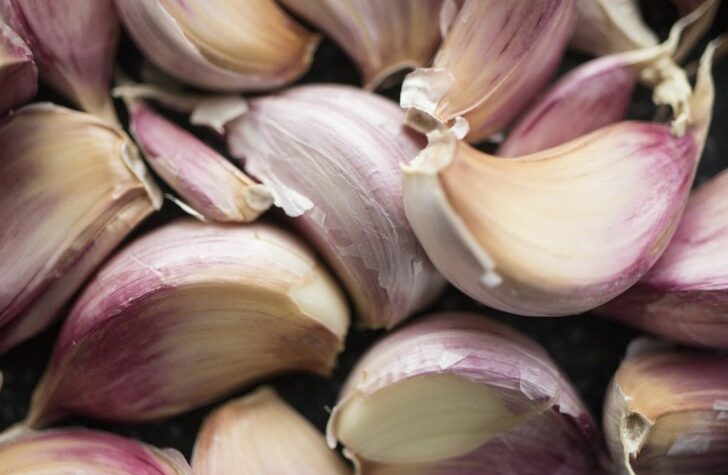PCOS Diet: A Comprehensive Guide for Managing Polycystic Ovary Syndrome

Introduction:
Polycystic ovary syndrome (PCOS) is a hormonal disorder that affects millions of women worldwide. It is characterized by irregular menstrual cycles, excess androgen levels, and the formation of small cysts on the ovaries. While there is no known cure for PCOS, adopting a healthy and balanced diet can play a crucial role in managing the symptoms and promoting overall well-being. In this article, we will provide an in-depth overview of the PCOS diet, including its types, popularity, and quantitative measurements associated with its effectiveness.
I. Overview of PCOS Diet:

The PCOS diet focuses on making dietary changes to stabilize blood sugar levels, manage weight, and improve insulin sensitivity. A key principle of the PCOS diet is to incorporate low-glycemic index (GI) foods, lean proteins, healthy fats, and high-fiber options. By doing so, individuals with PCOS can regulate their hormonal imbalances and manage related symptoms effectively. Moreover, the PCOS diet emphasizes the consumption of whole foods and limits processed and refined products.
II. Types of PCOS Diet:
There are various types of PCOS diets, each with its unique approach. Some popular ones include the Mediterranean diet, low-carbohydrate diet, and the anti-inflammatory diet. The Mediterranean diet, known for its emphasis on fruits, vegetables, whole grains, and olive oil, has been shown to improve insulin resistance and decrease androgen levels in women with PCOS. On the other hand, the low-carbohydrate diet focuses on minimizing the intake of carbohydrates and increasing protein and fat consumption. This approach has shown promising results in weight management and metabolic improvements for women with PCOS. The anti-inflammatory diet, rich in antioxidants and omega-3 fatty acids, aims to reduce inflammation in the body and optimize hormonal balance.
III. Quantitative Measurements of PCOS Diet:
Numerous studies have been conducted to quantify the impact of PCOS diet on different aspects of the syndrome. For instance, research has shown that adherence to a low-GI diet leads to improved insulin sensitivity and reduced circulating androgen levels. Additionally, studies have indicated that the Mediterranean diet can lead to weight loss, enhanced menstrual regularity, and improved fertility in women with PCOS. Furthermore, the low-carbohydrate diet has been found to significantly improve metabolic markers such as fasting insulin levels and lipid profiles.
IV. Differences Among Various PCOS Diets:
While the PCOS diets share common goals, they may have nuanced differences. The Mediterranean diet, for instance, focuses on incorporating specific types of food and following cultural eating patterns. On the other hand, the low-carbohydrate diet restricts carbohydrate intake more rigorously and emphasizes increasing fat consumption. Understanding these differences can help individuals with PCOS choose the diet that aligns best with their preferences and lifestyle.
V. Historical Overview of Pros and Cons:
Over the years, PCOS diets have evolved, and their pros and cons have been studied extensively. Initially, the common belief was that individuals with PCOS should prioritize weight loss and calorie restriction. However, as research progressed, the focus shifted toward the quality of food rather than solely quantity. This shift highlighted the importance of nutrient-dense choices, such as whole grains and healthy fats, in managing PCOS effectively. Some challenges individuals may face with PCOS diets include potential nutrient deficiencies, increased meal preparation, and adherence to specific dietary guidelines. However, the potential benefits, such as improved insulin sensitivity, regulated menstrual cycles, and reduced risk of related health conditions, outweigh these challenges.
Conclusion:
The PCOS diet serves as a valuable tool in managing the symptoms of polycystic ovary syndrome and improving overall health. By providing an overview of different PCOS diets, their quantitative measurements, and historical pros and cons, this article aims to empower individuals with PCOS to make informed dietary choices. By adopting a tailored PCOS diet, individuals can take control of their hormonal imbalances, alleviate symptoms, and enhance their overall well-being
. Remember to consult with healthcare professionals or registered dietitians before making any significant dietary changes to ensure it aligns with individual needs and goals. With dedication and the right nutritional approach, individuals with PCOS can lead healthy and fulfilling lives.

















